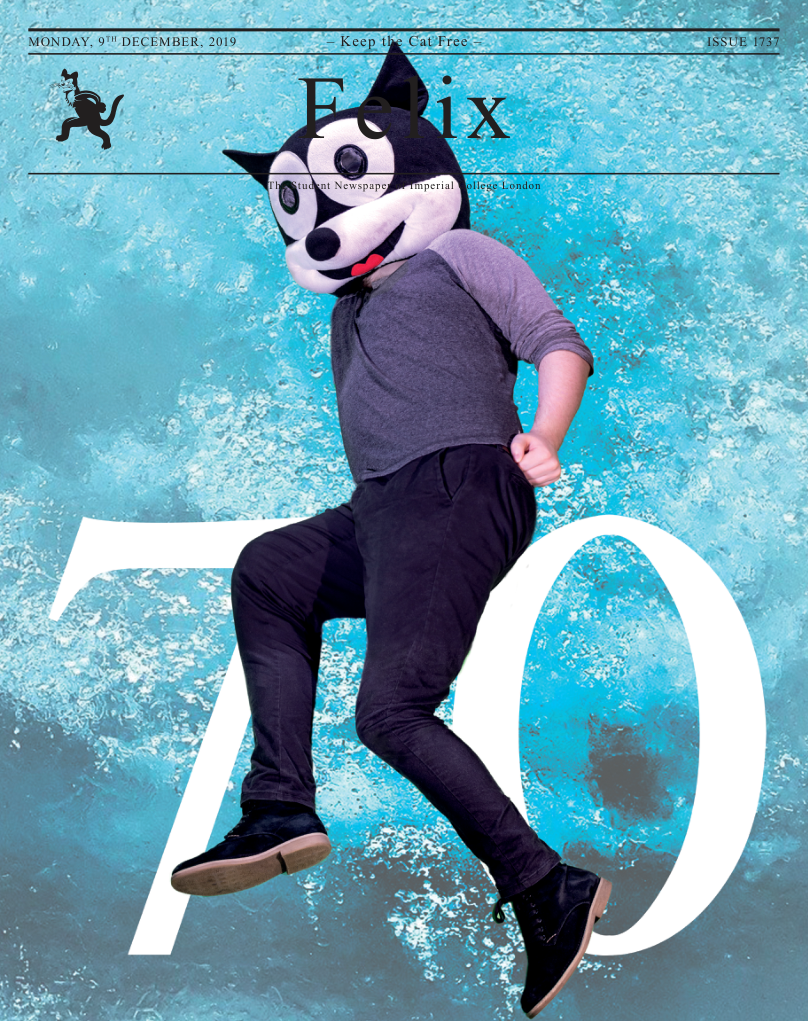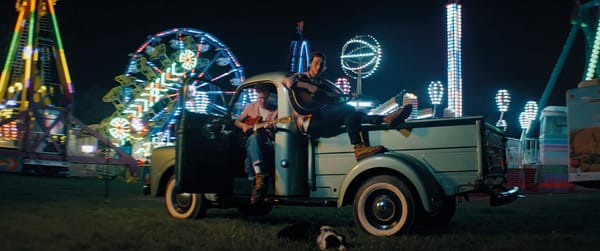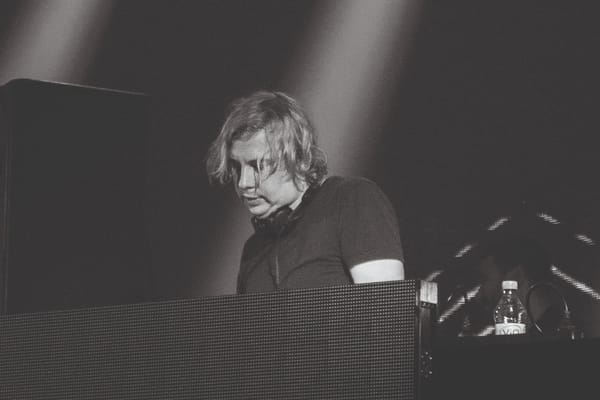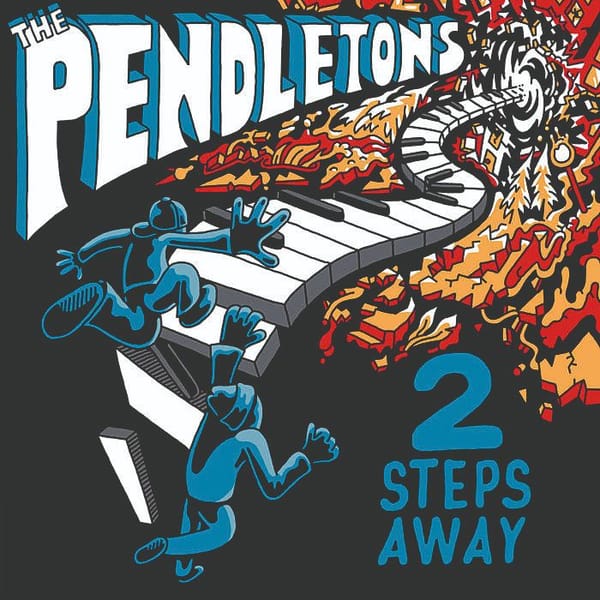Rock Throughout the Ages
Felix looks back at everything rock-related in the last 70 years, from rock and roll to pop-punk, heavy metal to new wave, we have it all in our (extremely) condensed summary of rock!

The roots of rock as a genre are buried deep in the other sounds of the 50s: blues, jazz, R&B and country, amalgamated together to form its own unique genre, known as rock and roll. This began in the deep south of the states, where the first electric guitars began to make a heavy impact on music. Generally, the accepted “first” rock and roll number one was Bill Haley’s ‘Rock Around the Clock’, a classic example of the laid-back boogie-inspired beat, easy enough to recreate in any modern music classroom. Whilst noticeable rock and roll artists of the 50s would also include Little Richard and Chuck Berry, the mid-50s hailed the introduction of the iconic Elvis Presley, quite possibly the first “pop star” in the world.
Whilst Presley still dominates the early years of 60s, rock music is now firmly in the charts, held there by the British invasion of legendary bands such as the Beatles and the Rolling Stones. Gradually rock and roll evolved into different genres of rock: psychedelic rock, pop rock, blues rock and folk rock. Rock started to become more expressive, and as such more political. Towards the end of the 60s with opposition to the Vietnam War picking up, artists such as Bob Dylan gain popularity. In the UK the streets are ravaged with battles between Mods and Rockers. The first live music festivals happen and at the end of the decade the infamous summer of love has its soundtrack riddled with artists such as Jimi Hendrix, Pink Floyd, the Who and the Doors.
The start of the 70s are marked by the Beatles breaking up and Hendrix, Janis Joplin and Jim Morrison all dying at the age of 27, which relates to a decline in psychedelic rock and an insurgence of hard rock, made prominent by bands such as Led Zeppelin. The 70s would mark the introduction of the bona fide rockstar, with acts made big in the 60s suddenly touring the world in private jets. Queen played their first gig in our very own union. Hard rock has a brief ebb into glam rock, where David Bowie and T-Rex crop up, before settling down into heavy rock with bands such as Black Sabbath and Deep Purple. Anger at prog rock fuels the introduction of punk, as made famous by the Sex Pistols, which then calms down into new wave as synthesisers hit the market.
Stemming from the late 70s, the 80s showcased many of the rock genres we know and love today. New wave continued with the Joy Division spin-off New Order before morphing into new romanticism and the plethora of bands which accompanied it including Roxy Music and Adam and the Ants. Post-punk appeared, fuelled by bands such as Siousxie and the Banshees, with the genre then splitting into goth and heavy metal. The latter genre notably brought forward many bands still current today: Iron Maiden, Metallica, Slayer and Anthrax amongst others.
Throughout the decade post-punk went through a change, with underground bands such as the Smiths and the Cure finding great success and hitting the mainstream. Towards the end of the decade alternative rock and its sub-genres pop-punk and grunge began to expand, paving the way for the sound of the 90s.
In the early 90s grunge bands such as Nirvana and Pearl Jam began emerging from the pacific northwest of America. A sound heavy with distorted guitars and little polish were an evolution of the post-punk era from the previous decade. In the UK bands like Pulp, Oasis and Blur took on the grunge genre and developed into the beginning of britpop. After the unfortunate death of Kurt Cobain, the grunge genre began to wane in popularity transforming into the more commercially acceptable form post-grunge. Skate/pop-punk exploded mid-decade thanks to independent labels giving the genre a new platform, most notably Green Day and Blink-182. Indie rock bands continued in the underground scene with legends including Pixies, Sonic Youth and Pavement.
The pop/post-punk genre had taken main stage at the end of the 90s and remained a titan for the first half of the 00s. Most of us have memories of screaming along to ‘Sk8er Boi’, ‘All the Small Things’ and ‘American Idiot’. Garage and new wave revival took hold at the same time. The Killers, The White Stripes and Interpol dominated the scene with legendary albums – Is This It, White Blood Cells and Turn On the Bright Lights. Lateralus by Tool is still championed as one of the greatest heavy metal records in history. In the latter half of the decade pop was crushing rock in the charts. Independent internet radio stations and blogs helped indie rock rise from the underground and become the height of rock with stars such as Arcade Fire, MGMT, and Vampire Weekend.
This decade indie rock has become the mainstream of rock music, with a much softer and refined sound than decades earlier. However, with streaming platforms democratising the music industry all sub-genres are still surviving. Psychedelic rock in particular has taken off with Tame Impala, Mac DeMarco, King Gizzard & the Lizard Wizard, and Homeshake. Additionally, the longer standing artists of years gone by have been putting out spectacular music too, including Radiohead, David Bowie (rip), AC/DC and Nick Cave. A resurgence in post-punk led by bands like Idles and Slaves has led to modern punk, which may well be the future of the genre. No matter what, rock has endured over seventy decades and brought with it a plethora of timeless albums, fashions and memories.









